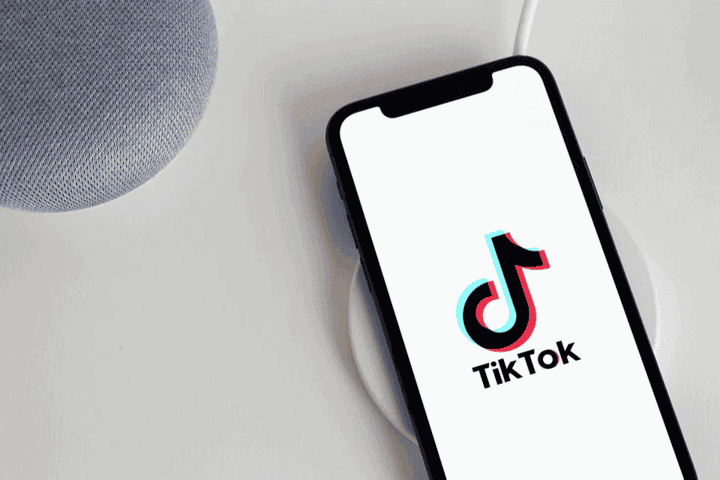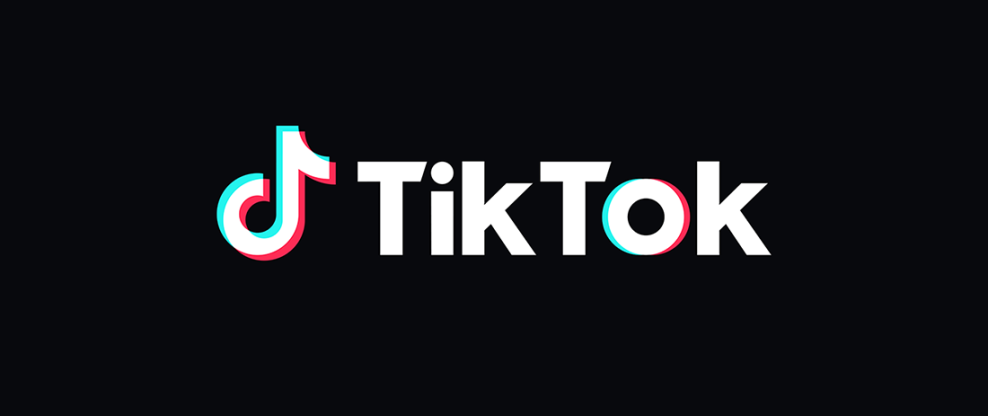(Hypebot) — Despite security concerns over TikTok’s connections to China, Mike Masnick of Techdirt believes that a ban of the social media app violates the First Amendment right of freedom of speech.
Op-ed by Mike Masnick of Techdirt
You may have heard that the Biden administration has told TikTok that it must be divested from ByteDance or it will be banned in the US. At least that’s what TikTok said the administration has said. The end result of this might well be that ByteDance divests of TikTok, but we should be clear: the threat, and any potential block, would be a clear, blatant, dangerous violation of the 1st Amendment.
“We called it unconstitutional at the time, and the courts agreed”

We already know this, from back when former President Trump tried the same damn thing and (rather sloppily) tried to ban both TikTok and WeChat in the US. We called it unconstitutional at the time, and the courts agreed. There were a bunch of lawsuits, and none of them went well. WeChat users argued it violated their own 1st Amendment rights, and the judge agreed, noting that banning WeChat would “burden substantially more speech than is necessary to serve the government’s significant interest in national security.”
That line seems… kinda relevant?
TikTok also sued and won, though the court didn’t even get to the 1st Amendment claims, tossing it out for violating the Administrative Procedure Act by being arbitrary and capricious.
Especially given that the threats of TikTok remain entirely hypothetical to date, and many seem to be whipped up around a moral panic regarding China, rather than based on any fact. Banning the site outright will only raise these very same issues yet again.
The WeChat ruling focused on the 1st Amendment issues in cutting off its users entirely from an app they used to communicate. But, there’s a separate issue of shutting down the speech of TikTok itself. Shutting down any website has to raise 1st Amendment issues. We’ve highlighted this before with regard to domain seizures. And blocking an entire website is the same thing.
There many relevant cases on the books, but a big one is Ft. Wayne Books v. Indiana. That ruling found that you can’t shut down an entire book store just because some of the books might violate the law, because in the process you’d be shutting down lots of protected, permissible speech. Similarly, Near v. Minnesota is a case where the Supreme Court noted that you can’t just declare a publication “malicious, scandalous and defamatory” and bar it from publishing (though anyone defamed could still sue directly for defamation).
Blocking TikTok entirely over mostly theoretical issues is the same sort of thing. Shutting down an entire speech operation because of some vague, nebulous claim of bad speech.
But it’s actually even worse than that. It’s no secret that China bans lots of American websites. In the past, we may have been able to point to US openness to free speech, showing the moral high ground. But in now threatening to ban TikTok, all we’re doing is justifying the Chinese approach, and basically saying we’re happy to do the same. And you can bet that China is already gloating about this, and how it shows that even the Americans are coming around to the Chinese approach of banning foreign websites that we’re scared about.
The end result will simply justify more internet splintering, more geographical blocks, and hasten the end of a global, open internet. The US used to stand for that open internet but admitting that we toss those principles out the window just because China finally built a successful global internet service is incrediblypathetic and will lead to all sorts of backlash.
Finally, as we’ve been saying all along, rather than moral panics and fear mongering, let’s focus on the actual problem. Banning TikTok won’t solve the issue of any potential privacy violations. As we’ve noted over and over and over again, the supposed data that TikTok is “collecting” on its users is available from basically anywhere to basically anyone with a few bucks. Want to fix that? Pass a real privacy law.
What about the idea that China might pressure TikTok to tweak its famed (but massively overhyped) algorithm to warp the minds of our children? Beyond being a silly moral panic, have we really done such a shit job of educating the youth that we think that the flow of TikTok videos will turn their brains into mush? I mean, hell, if we noticed that TikTok was doing that, it wouldn’t even be that difficult for people and politicians to call out what they were actually doing and push back on it.
This whole thing is just yet another moral panic, and one that opens up some huge 1st Amendment issues, because if the White House can magically declare TikTok a national security threat, it can do that for other sites and apps as well. It’s not something the government should be able to do.
Of course, TikTok’s current management may have to weigh all of this against the cost of fighting the government, meaning that it wouldn’t surprise me if the company does separate from ByteDance in the end. But the government shouldn’t be doing this, and we should call out such nonsense when we see it.





























